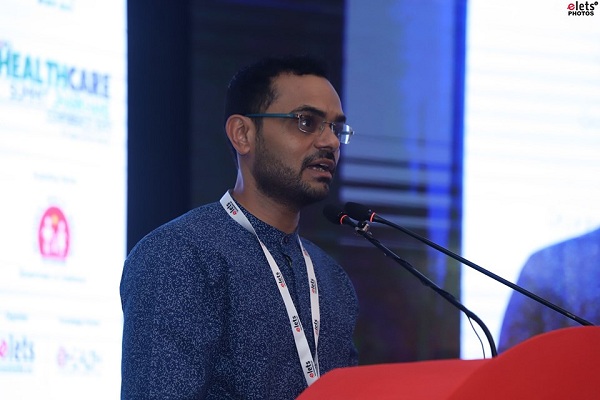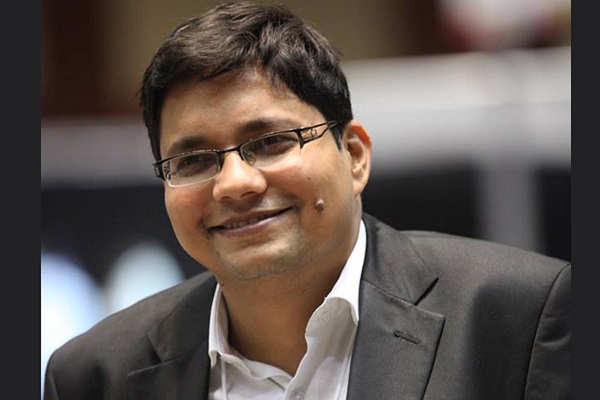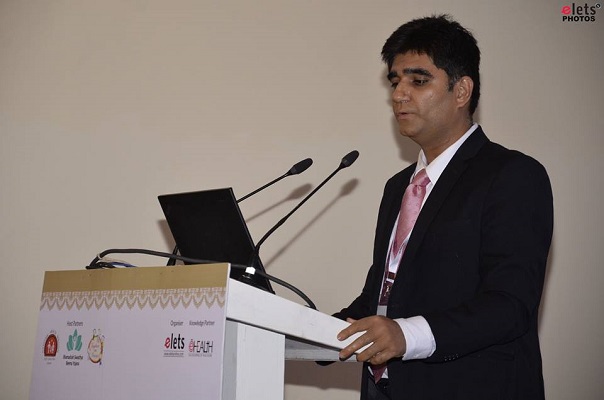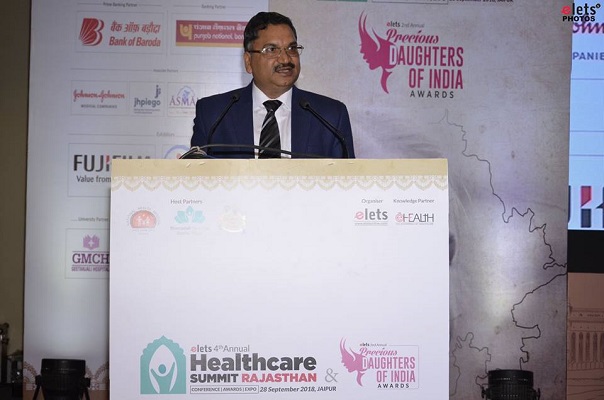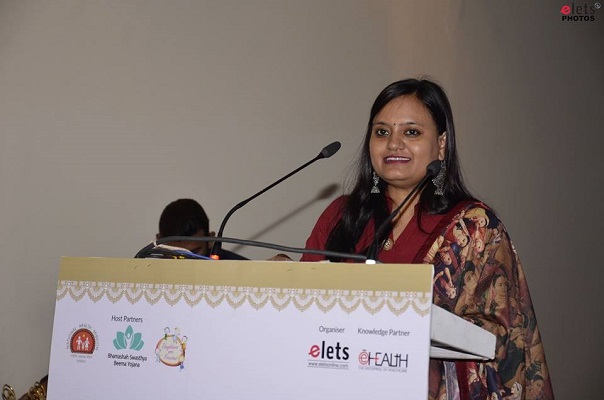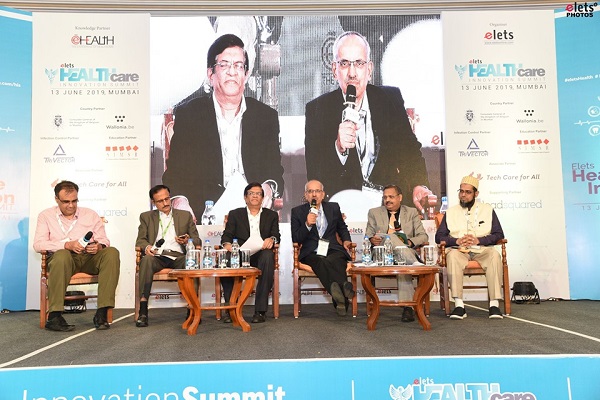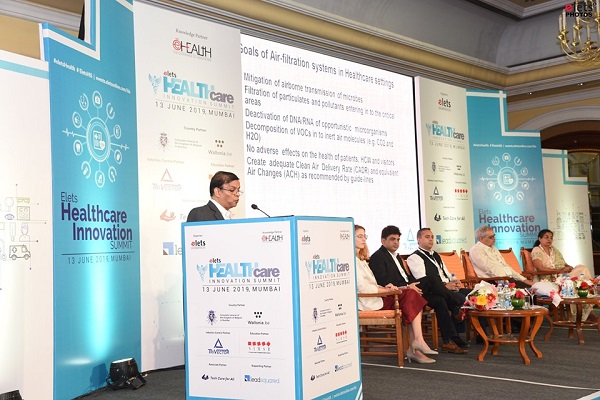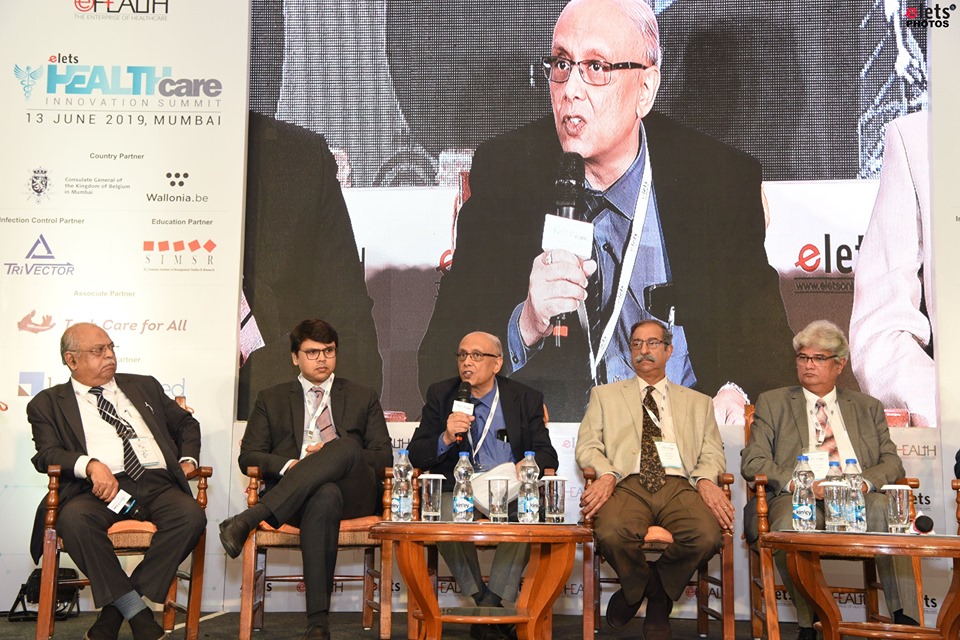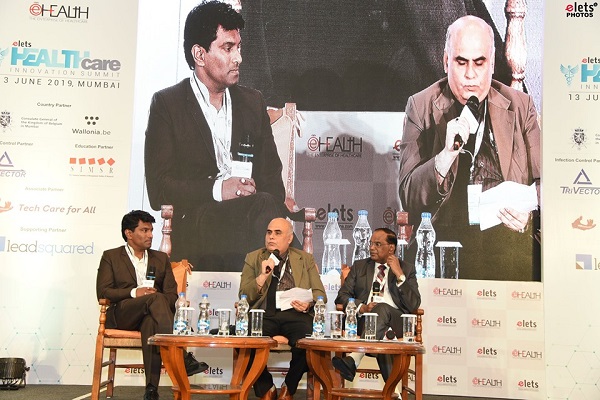
Riding on the back of innovation in health delivery through public private partnership (PPP) mode, Andhra Pradesh has set up an example for other states to emulate, said Poonam Malakondaiah, Principal Secretary-Health Medical and Family Welfare, Government of Andhra Pradesh, while sharing her experience in leveraging technology to deliver affordable and accessible healthcare to the people at the 7th Healthcare Leaders Forum (HLF) in Delhi.

 “I come from a state which not only has 40 per cent of urban population, but we also have a large tribal population in very inaccessible areas. When we device a health policy, we look into affordability and accessible quality healthcare. Our’s is the state which has implemented all the major programmes of the Ministry of Health and Family Welfare. We are the first state to declare the universal health coverage,” Malakondaiah said.
“I come from a state which not only has 40 per cent of urban population, but we also have a large tribal population in very inaccessible areas. When we device a health policy, we look into affordability and accessible quality healthcare. Our’s is the state which has implemented all the major programmes of the Ministry of Health and Family Welfare. We are the first state to declare the universal health coverage,” Malakondaiah said.
Andhra Pradesh is operating 17 healthcare programmes in collaboration with service providers and knowledge partners on PPP mode. Besides this, all the poor as also the non-poor in the state are given insurance coverage for healthcare.
“Our experience so far has been very good. The areas where we are in PPP mode is the free diagnostics programme, where 19 different diagnostic tests are available to the people at the primary health centre level. As many as 30 different tests are available in community health centres and 60 different tests at area hospital and district hospitals,” she said.

The basic idea behind this is to make healthcare more accessible. For basic tests, like screening for malaria and dengue, people do not travel long distances now.
“All the tests that are being done by the service providers or in-house has been put on online mode. Since the programme started, nearly five crore tests have been done and we have the data for every single test with the name of the patient and linked to their Aadhaar number,” Malakondaiah said.
It helps the Andhra Pradesh Government to monitor all the facilities across the state and understand how the diagnostics is moving.
“It also helps us to keep a tab on the turn around time of the results that we get. Over a period of time this will also help us in terms of predictive analysis for identifying hot spots of diseases — both communicable and non communicable. With this predictive model in place, we are actually moving towards a report card on the state health indices, in which we had gone down to the mandal level and we are planning to go down to the gram panchayat level,” the Principal Secretary-Health Medical and Family Welfare of Andhra Pradesh said.
If this kind of data is available to the state, the government can know about the hotspots for NCDs and CDs and can have a very focused approach for policy implementation and planning, she added.
Be a part of Elets Collaborative Initiatives. Join Us for Upcoming Events and explore business opportunities. Like us on Facebook , connect with us on LinkedIn and follow us on Twitter , Instagram.


